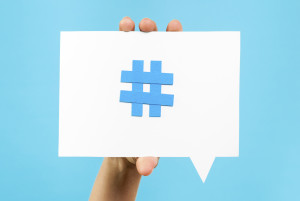
Hashtags are everywhere. The convention began on Twitter years ago as a way to create centralized conversation topics between people that cared about the same thing but who weren’t necessarily following each other.
It eventually spread to Instagram, Facebook and most major social networks. In fact, it’s so pervasive that the phrase has crept into live conversations, with people actually saying the word “hashtag” before whatever topic or phrase they’re focusing on.
It was inevitable that brands would jump on the hashtag convention as a way to reach more people and draw more attention to topics that are important to them. But it can spiral out of control.
With the #MyNYPD effort that was launched last year, the New York City Police Department was too focused on “getting its message out” rather than assessing the prevailing sentiment of its community. The group was hell-bent on achieving the aims of its own campaign rather than, in the spirit of community policing, being aware of issues and building relationships with the citizens they’re tasked with protecting. The visceral and harsh reactions with which the campaign was met were predictable.
A while ago we wrote about establishing trust with your audience. It was an important reminder that trust is something that is built up over time because of doing things repeatedly and consistently.
While consumers will always take the conversation wherever they want, based on passions, desires and issues, brands don’t need to be victimized in their efforts. For those that have taken the time to build relationships with and listen to customers, detractors and advocates will be in a better position to be supported by their audiences rather than vilified by them.
No, you can’t own a conversation. But you can own relationships. And the relationships you create are your defense against missteps and critics.
This article was syndicated from Business 2 Community: You Can’t Own A Conversation
More Digital & Social articles from Business 2 Community:





